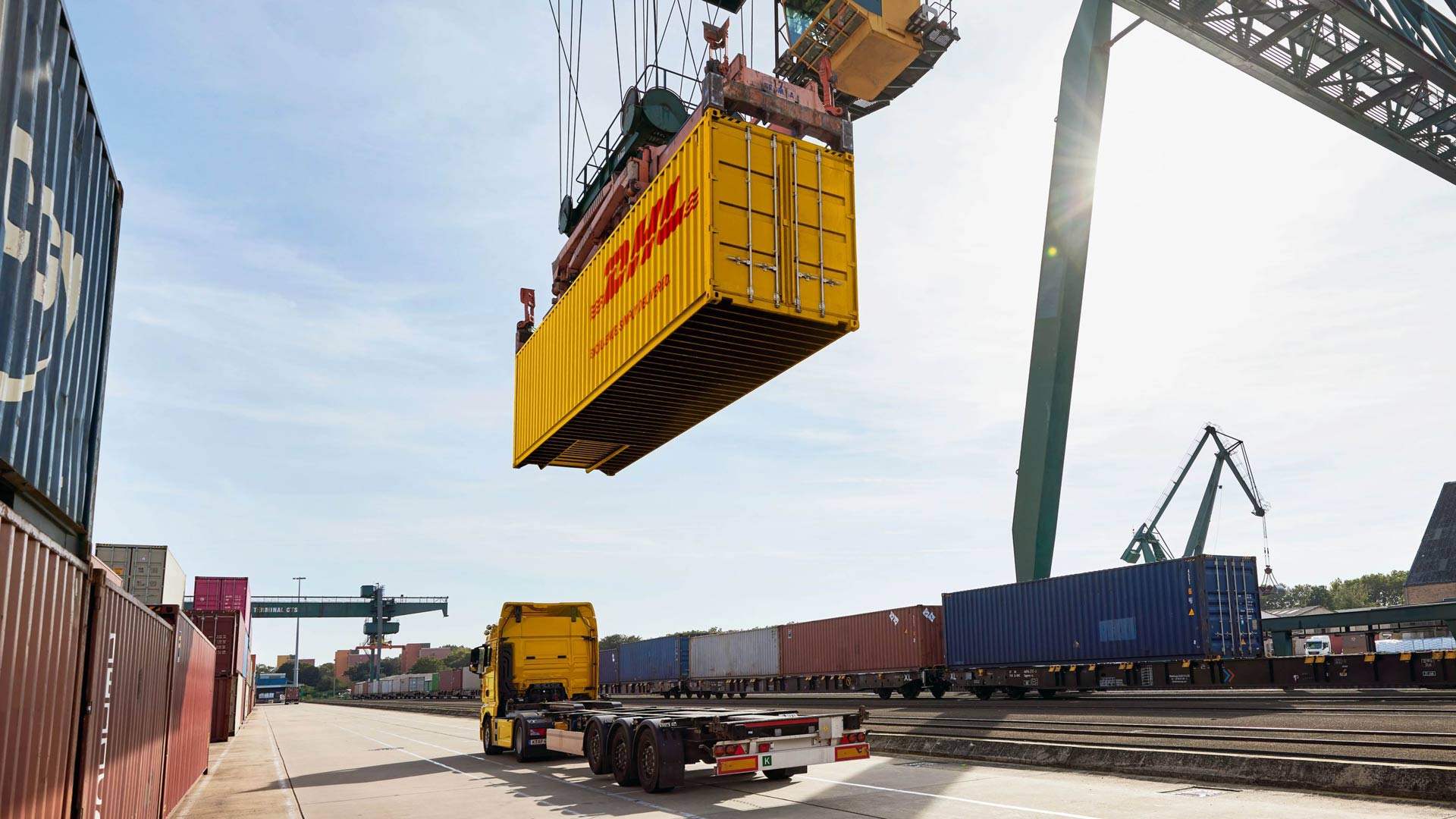Freight forwarding plays a crucial role in the global supply chain, ensuring the smooth movement of goods across borders and continents. In this blog post, we will delve into the intricate workings of a freight forwarding company, exploring its key functions, processes, and the value it brings to businesses worldwide.
- Understanding the Role of a Freight Forwarding Company:
A freight forwarding company acts as an intermediary between shippers and carriers, coordinating the transportation of goods from the point of origin to the final destination. They serve as logistics experts, managing the complexities of international trade, customs regulations, and documentation. - Services Offered by Freight Forwarders:
Freight forwarders provide a wide range of services tailored to meet the unique needs of each shipment. These services include: a. Transportation Management: Freight forwarders select the most efficient and cost-effective transportation modes, such as air, sea, road, or rail, based on factors like cargo type, destination, and urgency. b. Customs Clearance: Navigating the complex web of customs regulations and documentation is a core competency of freight forwarders. They ensure compliance with import/export laws, handle duties and taxes, and facilitate smooth customs clearance processes. c. Warehousing and Distribution: Freight forwarders often offer warehousing and distribution services, providing secure storage, inventory management, and order fulfillment to streamline the supply chain. d. Cargo Insurance: Mitigating risks is crucial in international trade. Freight forwarders can arrange cargo insurance to protect against loss or damage during transit, providing peace of mind to shippers. - The Freight Forwarding Process:
To ensure efficient cargo movement, freight forwarders follow a well-defined process: a. Booking and Documentation: Shippers provide necessary details, such as cargo dimensions, weight, and shipping terms, enabling freight forwarders to book appropriate carriers and prepare essential documentation. b. Carrier Selection and Negotiation: Freight forwarders leverage their extensive network of carriers to select the most suitable option for each shipment. They negotiate rates, transit times, and service levels to optimize cost and efficiency. c. Cargo Consolidation and Packaging: For smaller shipments, freight forwarders consolidate multiple consignments into a single container, reducing costs and maximizing container utilization. They also ensure proper packaging to protect goods during transit. d. Transportation and Tracking: Freight forwarders coordinate the transportation process, liaising with carriers, arranging pick-up and delivery, and providing real-time tracking updates to shippers. e. Customs Compliance and Clearance: Freight forwarders handle all customs-related procedures, including document preparation, submission, and payment of duties and taxes. They ensure compliance with import/export regulations, minimizing delays and penalties. f. Delivery and Distribution: Upon arrival at the destination, freight forwarders arrange for cargo clearance, handle any necessary inspections, and coordinate final delivery to the consignee’s location. - The Advantages of Using a Freight Forwarding Company:
Partnering with a freight forwarding company offers several benefits for businesses: a. Expertise and Industry Knowledge: Freight forwarders possess in-depth knowledge of international trade regulations, documentation requirements, and transportation logistics, ensuring smooth operations and minimizing risks. b. Cost and Time Efficiency: By leveraging their network of carriers and optimizing transportation routes, freight forwarders can secure competitive rates and reduce transit times, resulting in cost savings and faster delivery. c. Risk Mitigation: Freight forwarders provide cargo insurance options, minimizing the financial impact of loss or damage during transit. They also handle customs compliance, reducing the risk of penalties and delays. d. Focus on Core Competencies: Outsourcing logistics to a freight forwarding company allows businesses to focus on their core competencies, leaving the complexities of international shipping to the experts.
Conclusion:
Freight forwarding companies are the backbone of global trade, facilitating the movement of goods across borders with precision and efficiency. By understanding their role, services, and processes, businesses can harness the expertise of freight forwarders to optimize their supply chain, expand into new markets, and achieve international success.

